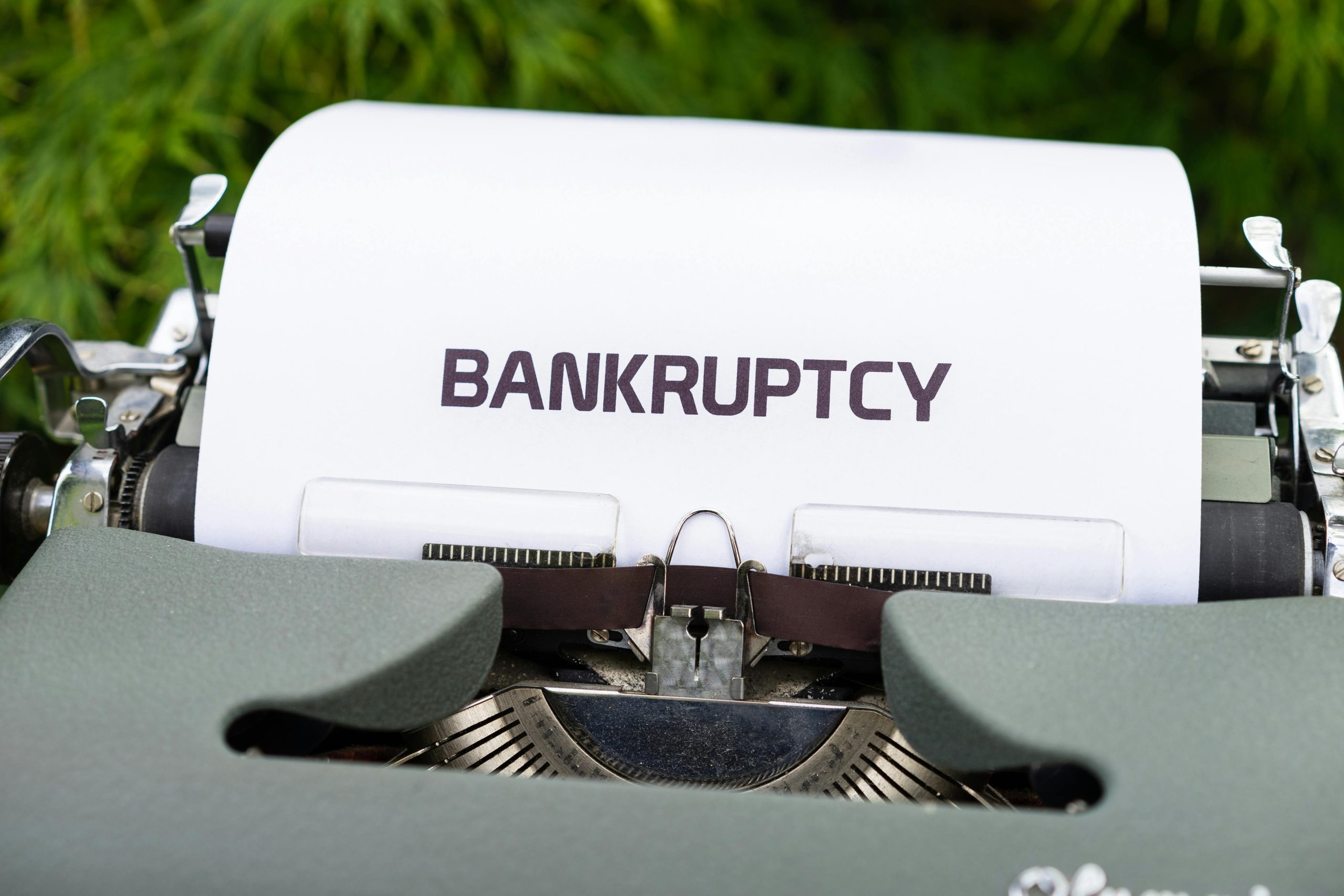
Landlords count on receiving consistent rental payments to run a profitable business. So, the prospect of a tenant filing for bankruptcy may induce significant alarm. Landlords may ask themselves, “Can I evict the tenants? Should I let them stay in the unit rent-free? Will I ever receive their overdue rent?” Read on to find out more about the bankruptcy process and what a landlord should (and shouldn’t) do in this challenging situation.
What Does the Bankruptcy Process Look Like?
Bankruptcy is a legal process that provides organized, fair resolution when someone can’t pay off his debts. Every bankruptcy will look slightly different, depending on location and circumstances. However, one of the most common forms is Chapter 7 bankruptcy, in which a trustee takes charge of the debtor’s assets and uses them to satisfy creditors.
A Chapter 7 bankruptcy starts with the court’s automatic stay, which prevents creditors from collecting from the debtor until the bankruptcy navigates the court system. The court then catalogs the debtor’s assets so they can distribute them and pay off the creditors.
If the debtor is a tenant, he will have a period (often 60 days) to determine whether to assume or reject his current lease. If he rejects the lease, he is no longer bound by the lease terms and must vacate the property in a reasonable amount of time. The renter will continue to owe unpaid back rent, but new rent payments won’t accrue.
If the debtor assumes the lease, he will need to demonstrate his ability to pay rent in the future. Rent payments due before the bankruptcy filing will continue to move through the bankruptcy process, but the tenant must stay current with future rent payments.
What Steps Should a Landlord Take?
Though it’s tempting to panic when a tenant declares bankruptcy, the landlord should stay calm and organized. Instead of contacting your tenant to collect past-due rent, file a claim with the bankruptcy court. The claim should include the amounts and due dates of any missed payments as well as any partial payments. Your claim will then rest alongside the claims of other creditors. At the end of the proceeding, you will receive notification of how much (if any) payment you will receive.
A landlord can’t evict a tenant who has declared bankruptcy unless the eviction was already in progress when he signed the lease. If a tenant chooses to assume the lease but fails to stay current with ongoing rent payments, the landlord must make an eviction request through the bankruptcy court rather than following the typical protocol. If complications arise, consult an attorney to verify your compliance with federal and local regulations.
Depending on the assets and debts involved, a landlord may receive only a partial payment or nothing at all. While such an unsatisfactory outcome is hard to swallow, dwelling on your frustration won’t improve the situation. Instead, learn from the process and look to the future. A thorough screening process, open communication with tenants, and sufficient cash reserves can minimize the likelihood that a future tenant bankruptcy will disrupt your rental property business.
About Rentals America
Rentals America provides full-service property management for residential rental properties. Our team is completely dedicated to property management, and we’re here to help landlords navigate the rental market.








